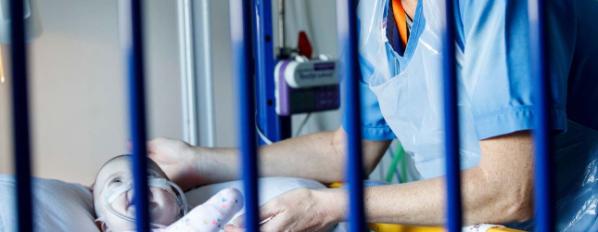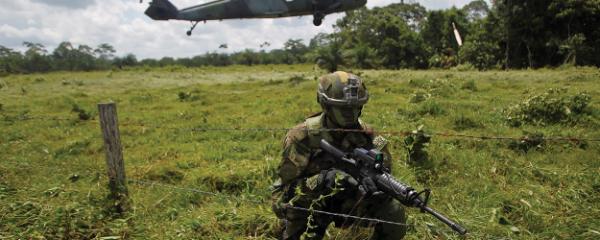SIMULATION-BASED EDUCATION SCHOLARSHIP AND RESEARCH
Simulation in learning transcends mere role-playing; it fundamentally transforms learners' perceptions of their professional identities. By thoughtfully designing and guiding challenging scenarios, we enable learners to navigate the complexities of their future roles.
At Queen's, we strive for excellence and push boundaries by crafting facilitated challenges that encourage learners to ‘hold the tension’ between creative problem-solving and maintaining their professional credibility. Embodying such changes in practice will empower our learners to grow as professionals whilst enhancing patient outcomes.
Professor Gerry Gormley has led extensive research in simulation-based learning in healthcare and through the simulation-based education research and scholarship, we aim to have a transformative impact on developing real-world skills in safe, guided and progressive learning environments.
Research Challenge
Modern healthcare is complex and, at times, challenging. As clinical educators and scholars in simulation, we prepare the current and next generation of medical professionals for the complex realities of modern healthcare.
While hands-on experience through work-based learning is of paramount importance in health profession education, it may not fully equip learners for more infrequent but critical events such as cardiac arrest, mental health crisis, and acute seizure. Unsurprisingly, these situations challenge our students the most.
Our scholarship in simulation strives to revolutionise pedagogy, pushing boundaries to prepare learners effectively for real-world scenarios.
Our Approach
A key approach is to draw upon real-world practice in our research, applying these insights to simulation practice. When important gaps are identified, we conduct further research to enhance our methods for all learners.
We are deeply committed to patient experience in simulation. Using humanoid manikins and working with simulated participants, can sometimes risk 'losing touch' with this aspect. To counteract this, we collaborate with individuals who have lived experiences of illness, co-constructing our simulations to ensure authenticity and empathy.
Our research focuses on collaborative competency, fostering a diverse community dedicated to advancing simulation science. We collaborate with colleagues locally and globally in these scholarly efforts.
One of our flagship work streams has been working and researching with professionals in the field of drama. Pioneering individuals such as Dr Paul Murphy from the Department of Drama at Queen's University have been instrumental in advancing our practice.
We have also worked with professionals from social work, Conflict Resolution Mediators, Women’s Aid, and Action Cancer to name but a few.
"Our research collective in simulation-based education has pioneered a range of simulation-based activities to enhance empathic skills in our healthcare students and practitioners, from pioneering simulations that sensitively, but constructively, allow healthcare students to experience hearing impairment, living with a melanoma to the impairments experienced by older individuals."
What impact did it make?
Simulation creates unique learning opportunities, bridging gaps that may not be accessible to all learners in traditional work-based environments. Through virtual reality or interactions with simulated participants/patients, learners can gain invaluable experiences.
Beyond cognitive learning, simulation nurtures learners' emotional and behavioural skills. A key component of simulation-based education involves guiding and supporting learners through reflective discussions about their simulation experiences, enhancing their professional skills.
Simulating challenging real-world scenarios, such as cardiac arrests or difficult conversations with patients, can evoke strong emotional responses.
Our research has provided valuable insights into the emotions and stress experienced by learners during these simulations, and this knowledge helps us improve their capacity to handle real-world situations. We aim to foster psychologically safe environments that enable learners to explore and grow from these experiences.
Our research has resonated with our research community, with our paper being one of the most accessed papers in our international leading journal, Medical Education.
Our impact
Impact related to the UN Sustainable Development Goals
Learn more about Queen’s University’s commitment to nurturing a culture of sustainability and achieving the Sustainable Development Goals (SDGs) through research and education.







